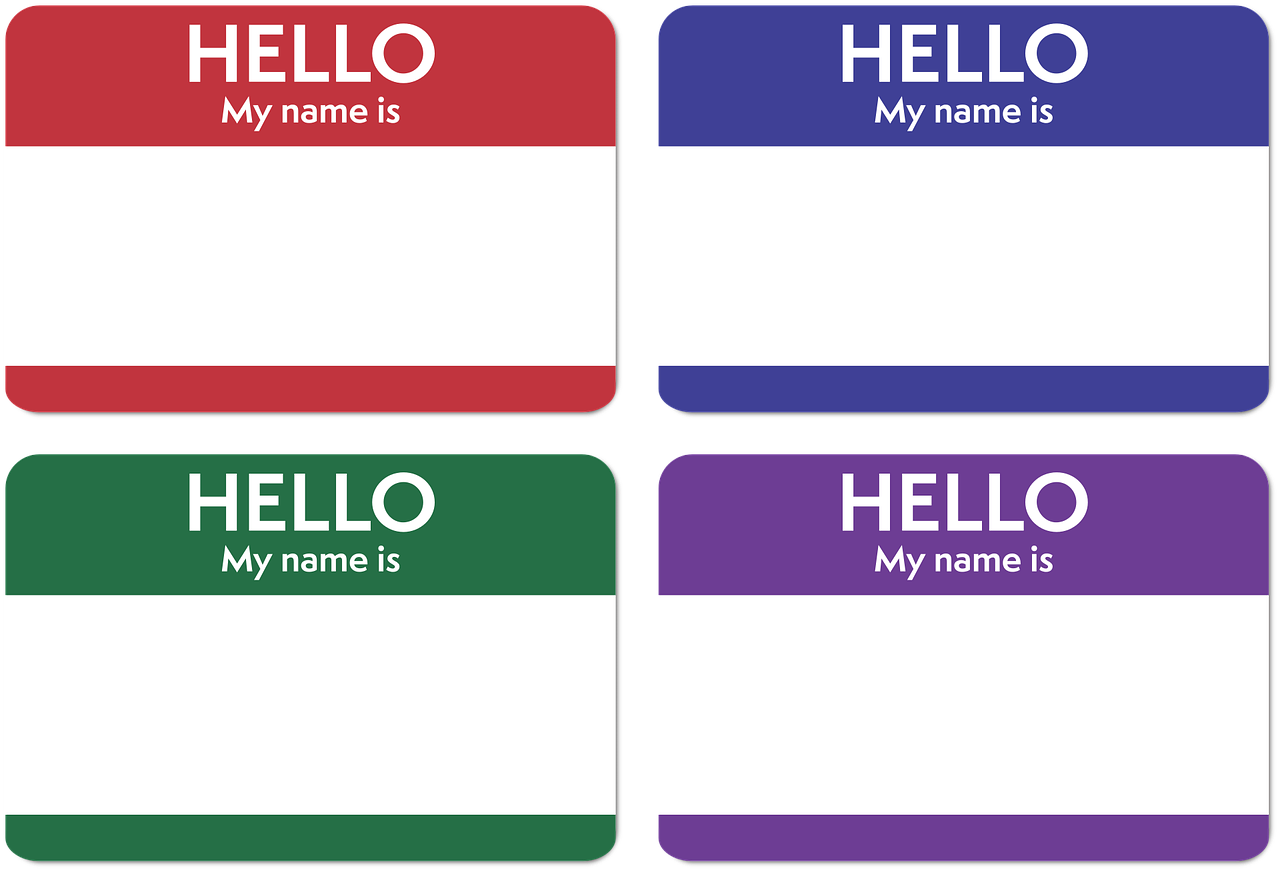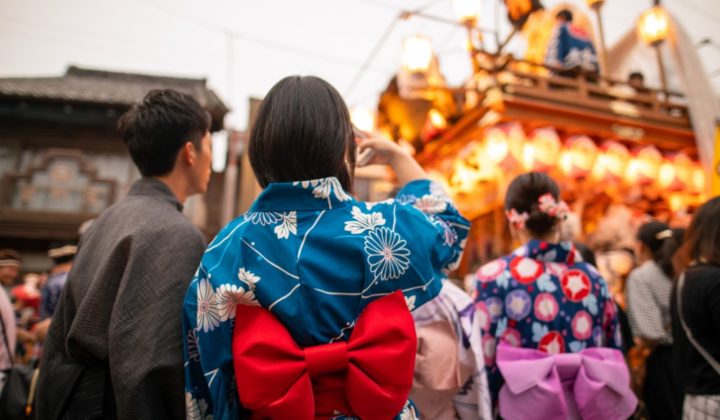If you’re looking for a full or part-time job in Japan,
it is very important to learn proper Japanese business etiquette over the phone.
There are particular expressions you should use when answering phone calls in Japanese, such as for greetings, showing your appreciation/apology, and when hanging up the phone.
Here are 3 sets of useful phrases and words that will help you when receiving a phone call for a job interview.
1. Tell Them Your Name
When a company calls you asking you to attend a job interview, you must answer the phone in a proper way, such as follows:
(A) Company: Hello, this is ●● company calling. Is this Katherine Hodge?
(B) You(Katherine): Yes, good morning, this is Katherine Hodge.
(B) Correct Way in Japanese( ◎ )
Japanese: はい、おはようございます、キャサリン・ホッジでございます。
Pronunciation: Hai, Ohayou-gozaimasu, Katherine Hodge De Gozaimasu.
(B) Wrong Way in Japanese ( ✖ )
Japanese: あ、おはよう、キャサリン・ホッジです。
Pronunciation: A, Ohayou, Katherine Hodge Desu.
Formal language in English isn’t as structured as Japanese honorific expressions, so you might wonder why you can’t just speak casually. But if you want to give a good impression to the company, you absolutely must answer with polite forms of Japanese language such as “HAI”, “GOZAIMASU.”
You must also first say “Good Morning” before telling them your name.
2. Show Them Your Appreciation for Calling
If the company to which you’re applying asks you to come into the office for a job interview,
you must answer the phone in a proper way, such as follows:
(A) Company: We would like you to come in for a job interview.
(B) You(Katherine): Thank you so much. I appreciate your calling me.
(B) Correct Way in Japanese ( ◎ )
Japanese: どうもありがとうございます。わざわざ御連絡頂きありがとうございました。
Pronunciation: Doumo Arigatogozaimasu. Wazawaza Gorenraku Itadaki Arigatogozaimashita.
(B) Wrong Way in Japanese ( ✖ )
Japanese: ありがとう、了解しました。
Pronunciation: Arigato, Ryokaishimashita.
If a company asks you to come in for an interview, this means you passed the applicant screening stage,
and that the company is interested in you.
You must be respectful and show your appreciation in the proper way.
Do not speak in a casual way, as in the “Thanks, I got it” under “Wrong Way in Japanese” above.
This is very rude expression when the company offers you an interview.
3. When You Need to Call Back the Company
For whatever reason, you may miss a call from the company at which you have applied for a job.
In this case you must call back the company as soon as possible, again using proper language, such as follows:
(A) Company: Hello, this is ●● company speaking.
(B) You(Katherine): Hello, this is Katherine Hodge. May I speak to Mr. Ueno?
(C) Boss (Mr. Ueno): Hello, this is Ueno speaking.
(B) You(Katherine): Hello, this is Katherine Hodge. Mr. Ueno, thank you very much for calling and
I’m very sorry for missing your call. Do you have time now?
——-
Thank you for your time. Goodbye.
(B) Correct Way in Japanese ( ◎ )
Japanese: もしもし、私キャサリン・ホッジでございます。上野様はいらっしゃいますでしょうか。
Pronunciation: Moshimoshi, Watakushi Katherine Hodge De Gozaimasu. Ueno Sama Wa Irashaimasudeshouka?
Japanese: もしもし、私キャサリン・ホッジでございます。上野様、お電話を頂きありがとうございました。電話に出られず申し訳ございませんでした。今お時間を頂いても宜しいでしょうか?
Pronunciation: Moshimoshi, Watakushi Katherine Hodge De Gozaimasu. Ueno Sama, Odenwa Wo Itadaki Arigatogozaimashita.
Denwani Derarezu Moushiwakegozaimasendeshita. Ima, Ojikan Wo Itadaitemo Yoroshideshouka?
——-
Japanese: お忙しいところ、ありがとうございました。では、失礼致します。
Pronunciation: Oisogashiitokoro Arigatogozaimashita. Dewa, Shitsureiitashimasu.
(B) Wrong Way in Japanese ( ✖ )
Japanese: もしもし、キャサリン・ホッジですけど、上野さんはいますか?
Pronunciation: Moshimoshi, Katherine Hodge Desukedo, Ueno San Wa Imasuka?
Japanese: もしもし、キャサリン・ホッジです。上野さん、電話ありがとう。電話に出られずごめんね。今時間ある?
Pronunciation: Moshimoshi, Katherine Hodge Desu. Ueno San, Denwa Arigato. Denwa Ni Derarezu Gomenne. Ima Jikan Aru?
Japanese: それでは、また。
Pronunciation: Soredewa Mata.
It is important to understand that calling back means the company representative has to take time out of their busy day to talk with you.
You must be modest and ask them whether or not they have time now respectfully, NOT with a casual register.
Even when you are closing a conversation, you can’t just say “Okay, see you” as in the “wrong way” example above.
From the first to the last minute of your call, you must use polite formalities.
When using honorific forms in Japanese each phrase tends to be longer, and that may bother you.
However, once you do get used to speaking in Japanese honorifics, you will be able to work at Japanese companies much more easily, and you will quickly improve as you begin to use the formal language on a daily basis.
Use respectful language, and be a likable candidate in the eyes of Japanese companies!
YAE
Japan
Would you like to enjoy a flexible working time and teach kids English online at home?
Well, let Guidable Jobs help you! Just click here and apply for this job!
Of course, you may search for more job information on Guidable Jobs.











